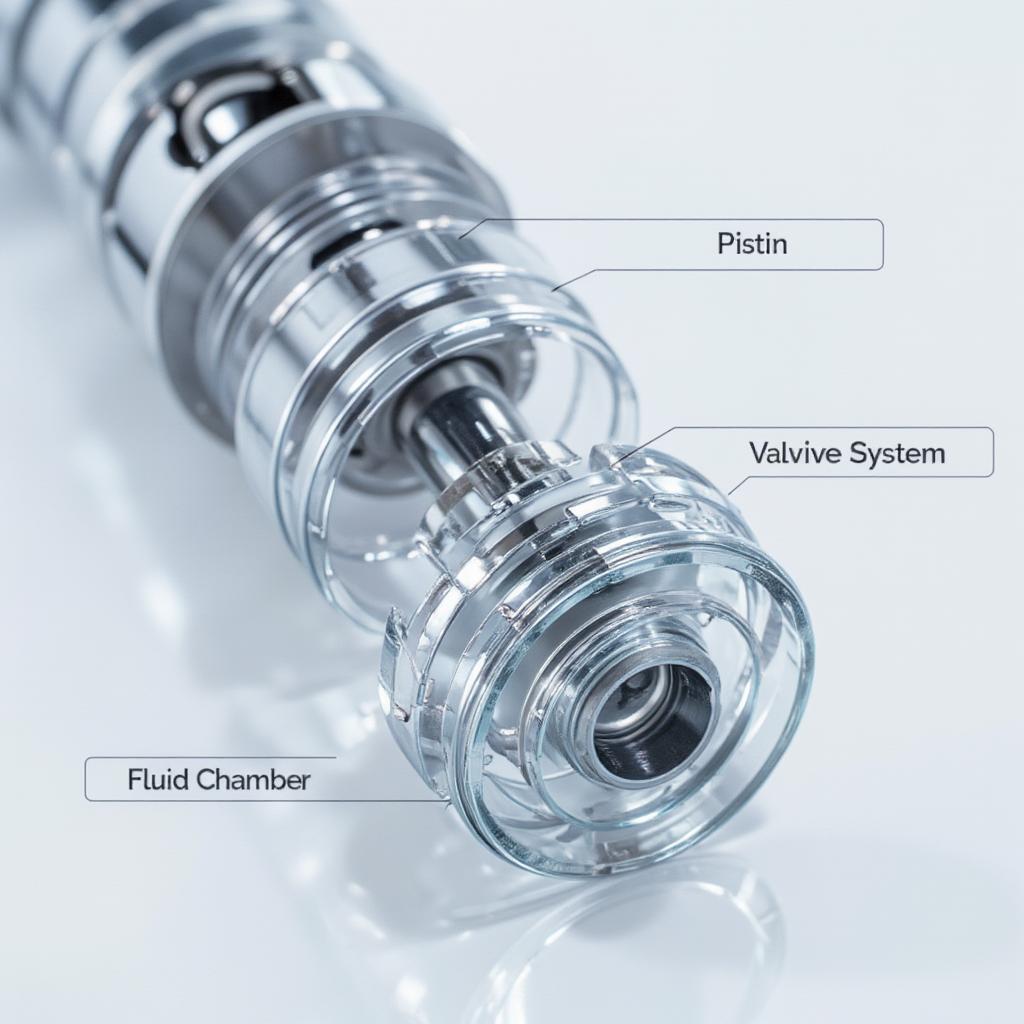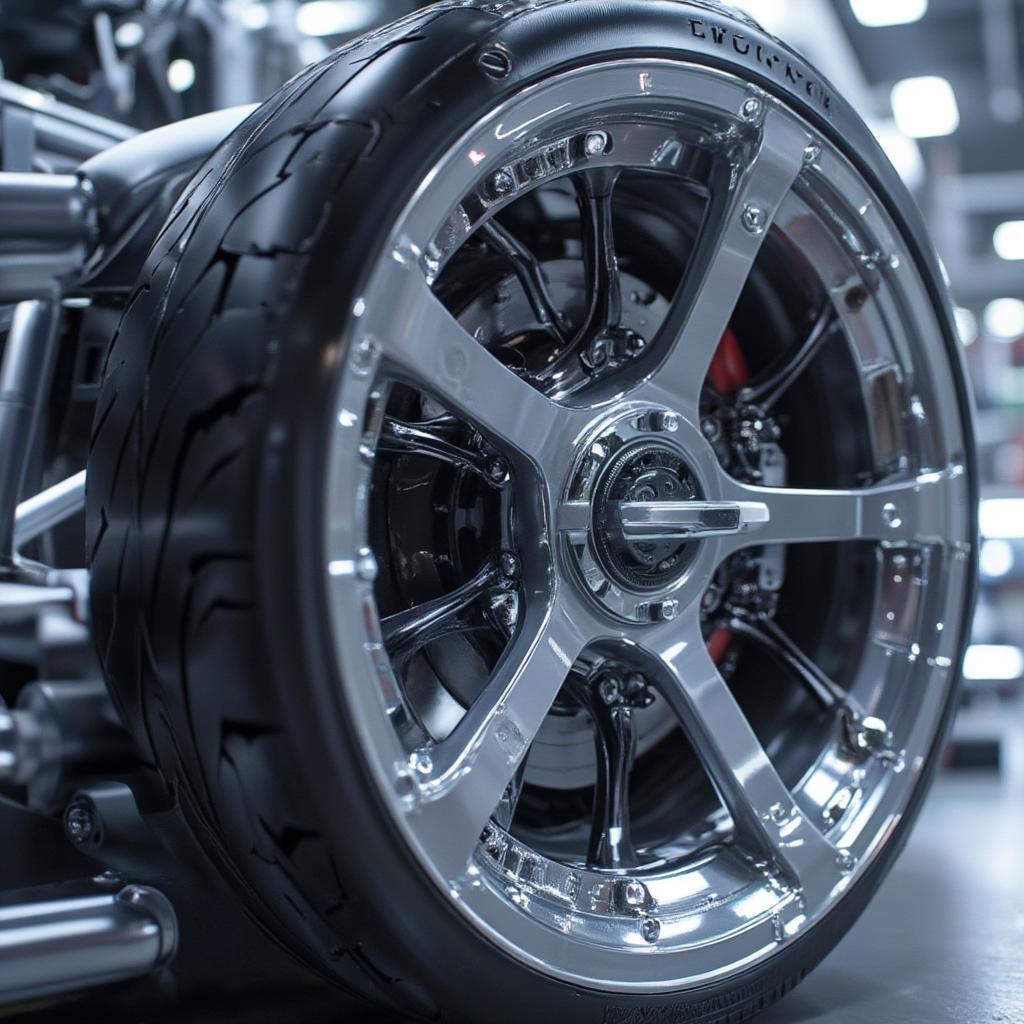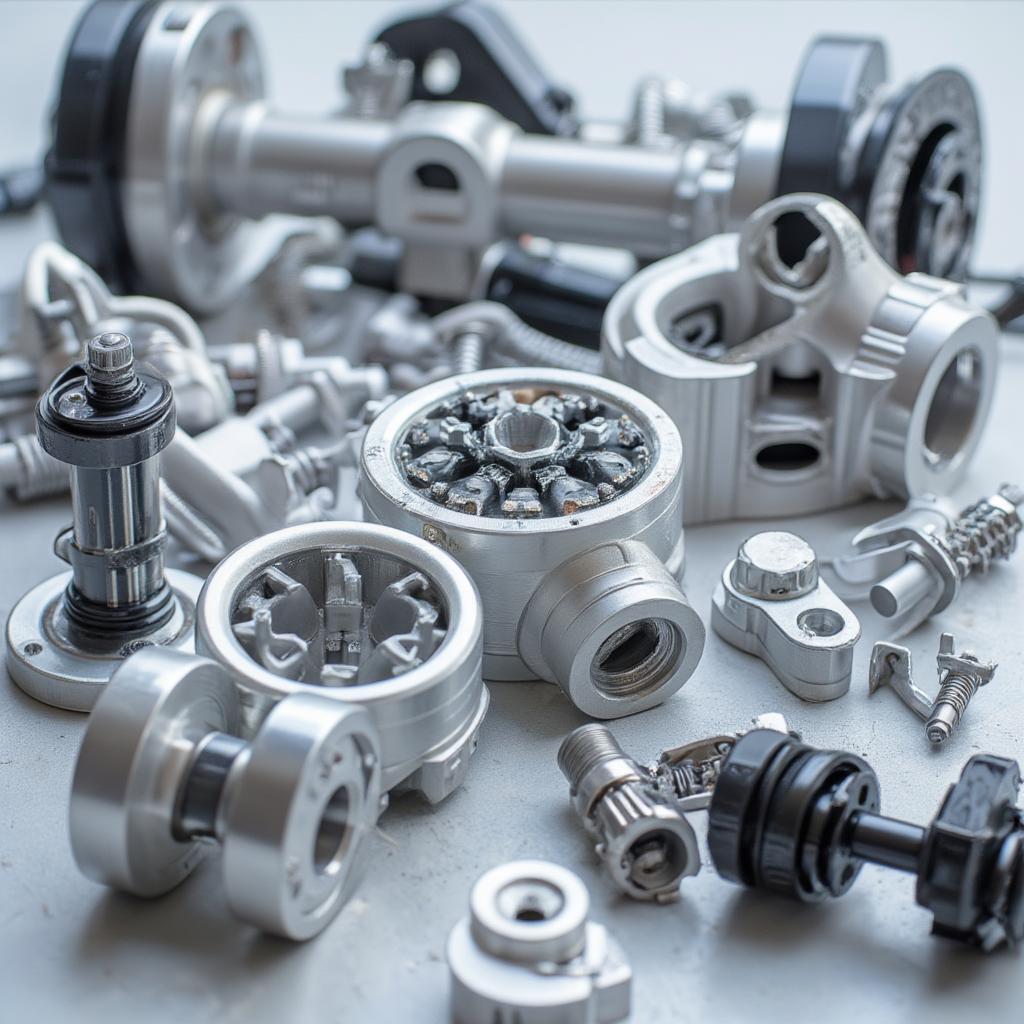Automotive Collision Repair Degree: Your Path to a Rewarding Career

An Automotive Collision Repair Degree equips you with the skills needed to restore damaged vehicles to their pre-accident condition. This field combines technical expertise with artistic talent, demanding precision and an eye for detail. With the increasing complexity of modern vehicles, a formal education in collision repair is more crucial than ever.
Why Choose an Automotive Collision Repair Degree?
The automotive industry is constantly evolving, with advancements in technology impacting vehicle design and repair techniques. An automotive collision repair degree provides a strong foundation in these areas, covering topics like:
- Damage Assessment: Accurately evaluating vehicle damage, including structural, mechanical, and cosmetic issues.
- Repair Planning: Developing a comprehensive repair plan, outlining the necessary steps, materials, and equipment.
- Metalworking and Welding: Mastering techniques for repairing and replacing damaged body panels.
- Painting and Finishing: Applying primers, base coats, and clear coats to achieve a flawless finish.
- Electronics and Advanced Driver-Assistance Systems (ADAS): Understanding the intricacies of modern vehicle electronics and their impact on collision repair. Understanding the repair processes for increasingly complex ADAS features is crucial for today’s technicians. As vehicles become more sophisticated, a thorough education in these systems becomes a necessity.

Formal training through an automotive collision repair degree program offers a significant advantage in today’s competitive job market. Graduates possess the necessary knowledge and skills to meet the demands of the industry, ensuring a higher likelihood of employment and career advancement.
Career Opportunities with an Automotive Collision Repair Degree
A degree in automotive collision repair opens doors to a wide range of career opportunities, including:
- Collision Repair Technician: Performing hands-on repairs, from minor dents to major structural damage.
- Automotive Painter: Specializing in the application of paint and finishes to restore a vehicle’s appearance.
- Estimator: Assessing damage and preparing repair cost estimates for insurance companies and customers.
- Shop Foreman: Supervising a team of technicians and overseeing the day-to-day operations of a repair shop.
- Insurance Appraiser: Evaluating vehicle damage and determining the extent of insurance coverage.
The demand for skilled collision repair professionals remains high, making it a secure and rewarding career path. As vehicles become more complex, the need for qualified technicians with specialized training will continue to grow.
What to Expect in an Automotive Collision Repair Program
Automotive collision repair programs typically combine classroom instruction with hands-on training in a shop environment. Students gain practical experience working on actual vehicles, utilizing industry-standard tools and equipment. Curriculum often includes:
-
Safety Procedures: Emphasizing the importance of workplace safety and proper handling of hazardous materials.
-
Blueprint Reading and Measurement: Interpreting technical drawings and accurately measuring vehicle dimensions.
-
Welding and Joining Techniques: Mastering various welding processes, including MIG, TIG, and spot welding.
-
Computerized Estimating Systems: Utilizing software to generate accurate repair estimates.
-
Customer Service and Communication: Developing effective communication skills to interact with customers and insurance representatives.
Choosing the right program is crucial. Factors to consider include program accreditation, faculty experience, and the availability of specialized training in areas like ase automotive certification. A strong foundation in general mechanics is also valuable, which can be gained through a car mechanic degree.
The Future of Automotive Collision Repair
The future of automotive collision repair is intertwined with advancements in vehicle technology. Electric vehicles (EVs), autonomous driving systems, and the increasing use of lightweight materials are transforming the industry. Repairing these advanced vehicles requires specialized knowledge and skills, emphasizing the importance of continuous learning and professional development.
For instance, repairing high-voltage battery systems in EVs demands specialized training and adherence to strict safety protocols. Similarly, the intricate sensor systems used in autonomous vehicles require a deep understanding of electronics and calibration procedures. As the industry evolves, collision repair professionals must stay abreast of these technological advancements to remain competitive.
Conclusion
An automotive collision repair degree provides a solid foundation for a successful career in a dynamic and evolving industry. With the increasing complexity of modern vehicles, formal training is essential for aspiring technicians to acquire the necessary knowledge and skills. By pursuing an automotive collision repair degree, you are investing in a future filled with opportunities for growth and advancement. Consider enrolling in a reputable program today and embark on a rewarding career path in the automotive industry.
FAQ: Automotive Collision Repair Degree
-
What is the average salary for someone with an automotive collision repair degree? Salaries vary based on experience and location, but the average salary is competitive and often increases with experience and specialized certifications.
-
How long does it take to earn an automotive collision repair degree? Programs typically range from one to two years, depending on the type of degree and institution.
-
What are the job prospects for collision repair technicians? The job outlook is positive, with a steady demand for skilled professionals.
-
What type of certifications are available in collision repair? Several certifications, such as ASE certifications, can enhance career prospects and earning potential.
-
Do I need a high school diploma or GED to enroll in a collision repair program? Most programs require a high school diploma or equivalent.
-
What are some important qualities for a collision repair technician? Attention to detail, problem-solving skills, and manual dexterity are crucial.
-
Is financial aid available for collision repair programs? Many institutions offer financial aid options, including scholarships, grants, and loans.
-
Are there online options for earning an automotive collision repair degree? While some online courses may be available, the majority of programs require hands-on training in a shop environment.
-
What is the difference between an associate’s degree and a certificate in collision repair? An associate’s degree typically provides a broader education, while a certificate focuses on specific skills.




